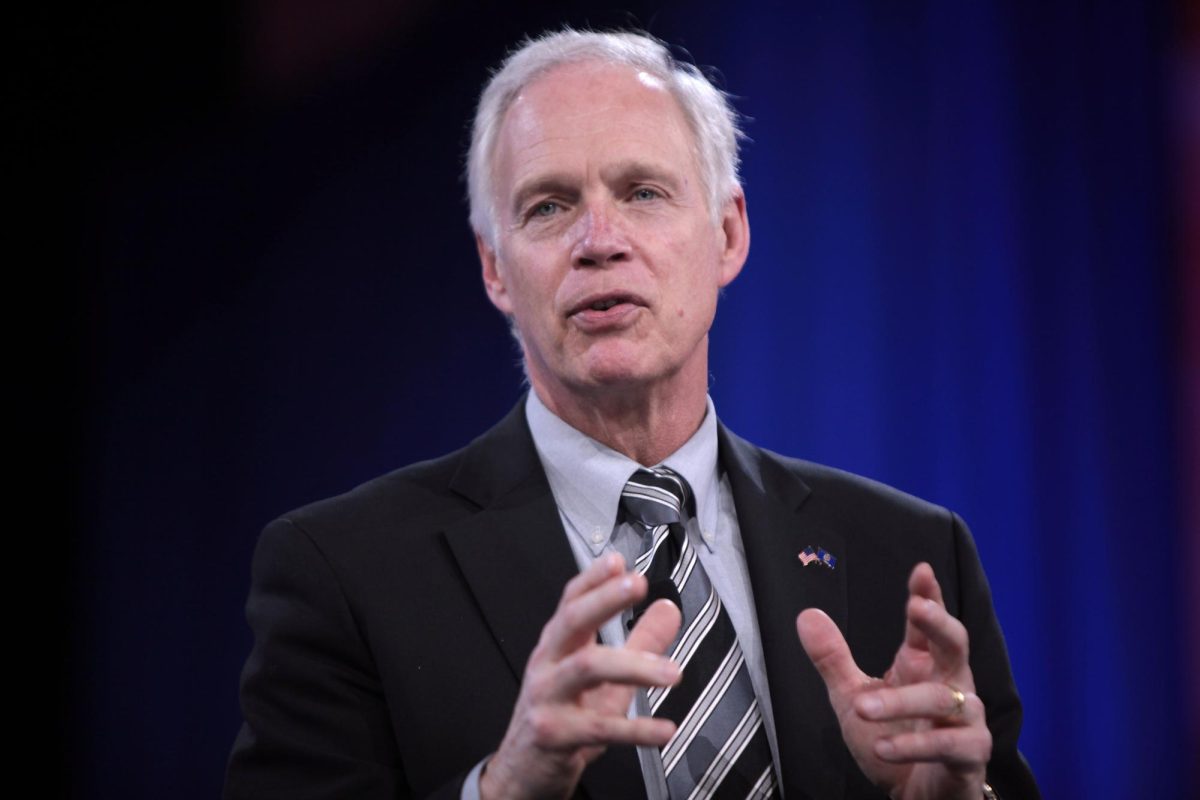UW-Fox Valley and UW-Fond du Lac would become part of UW Oshkosh as part of a system-wide merger proposal, UW System President Ray Cross announced Wednesday.
The proposed merger would take place on July 1, 2018, if approved by the Board of Regents in November, and the University would be centered in Oshkosh.
In a press release sent out Wednesday, Cross said the UW System cannot be afraid to pursue needed reforms to meet the challenges presented by the state’s demographics and budgetary constraints.
“We want to leverage the strength of our four-year institutions at a time when overall enrollments at UW Colleges are declining,” Cross said. “Our goal is to expand access and provide more educational opportunities for more students, while ensuring our faculty are appropriately organized and supported. We are committed to making the transition as smooth as possible for students, faculty, and staff.”
Oshkosh Student Association senator Zach Collins said students are not the main priority in the move.
“I think it’s undemocratic,” Collins said. “The Board of Regents is deciding on this and 16 members are non-students. …The students don’t have any voice in this. The Board of Regents is doing a power grab that the students are really feeling left out of.”
At an open forum held by UWO Chancellor Andrew Leavitt in the Alumni Welcome and Conference Center Wednesday afternoon, Leavitt said there is a lot to figure out about how that merger would work at this time, including program array, student governance, academic calendars and degrees offered across campuses.
“I’ll just tell you right now, I don’t know very many answers,” Leavitt told the gathered campus community members in his opening remarks.
Although the merger would have to be complete or at least workable in less than nine months, Leavitt said it has only been seriously discussed over the past several weeks.
“The first I had heard about it in any kind of more substantial way, quite frankly, was probably a month ago,” Leavitt said. “About a month ago this was being seriously considered. And then I really had my first truly substantive conversation about it with the System maybe two weeks ago.”
Leavitt said the July 1 date given as when the merger would take effect is not a realistic goal for all aspects of it to be finalized.
“It’s done when it’s finished,” he said. “Nominally it’s July 1. They say on July 1 we will have the responsibility of those two campuses. Will all of this work be done? Probably not. Probably not. So that’s the question, how much can you leave for later?”
Leavitt said he does not anticipate any layoffs across the campuses and that tenured faculty at UW-Fox Valley and UW-Fond du Lac will retain their tenure.
“I know that Ray Cross has gone on record to simply say that ‘tenured is tenured,’” Leavitt said. “The granting of tenure will be recognized by this institution for those members who are tenured coming in.”
According to Leavitt, this move is not about cost savings, but instead it is meant to ensure the two-year UW Colleges can continue to educate their local communities effectively.
“Quite frankly, I think they have wrung what they can out of the UW colleges over the last several years,” Leavitt said. “This is more about the survival of the campuses in terms of being able to provide high-quality services to these communities. …they are losing their critical mass to exist. There’s only so much you can take out of them. At some point, they stop functioning.”
Potential mergers have been considered and attempted in Wisconsin before, and according to Leavitt a different merger failed nearly a decade ago.
“This has been in and out of people’s consciousness in this state ever since the UW Colleges were founded,” he said. “As a matter of fact, my understanding is about eight years ago, there was a pretty serious attempt to merge them with the tech colleges.”
OSA President Maria Berge said the news was a surprise to OSA and that now is a time for discussion and collaboration among the student body.
“This impacts faculty and administration and all of that kind of business, but students are the ones who are paying the tuition; They are the ones who are taking the classes. Students are the ones who are really going to be affected by all of this,” Berge said. “Student input is crucial.”







